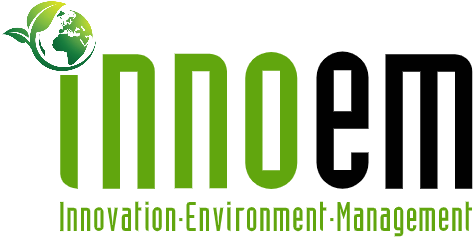
Climate research provider and environmental disclosure platform CDP announced the launch of the ability for companies to report on plastic-related impacts, following demand from investors for more information on companies’ plastic-related risk and exposure.
CDP runs a global environmental disclosure system, enabling investors and other stakeholders to measure and track organizations’ performance in key environmental sustainability areas including climate change, deforestation, and water security. In 2022, more than 18,700 companies disclosed environmental data through CDP, up more than 40% over the prior year.
According to CDP, the addition of plastic-related reporting to its platform follows a request from more than 740 investors with US$136 trillion in assets for disclosure on plastic-related impacts, and comes as companies and investors face growing financial, physical, legal, technological, regulatory and reputational risks related to plastic pollution, ranging from financial risks as governments require companies to cover waste management costs, to the risk of petrochemical and plastics investments becoming stranded assets as regulations tighten. Earlier this week, for example, Canada proposed new rules introducing recycled content requirements for plastic packaging and labelling and reporting requirements for plastic products. Many jurisdictions have also recently introduced laws banning the use of single-use plastics.
Cate Lamb, Global Director for Water Security at CDP, said:
“To be able to act effectively, companies must develop a robust understanding of how they contribute to the plastic pollution crisis and formulate equitable and just transition plans to address this. In turn, investors and policymakers need access to relevant, comprehensive and comparable data across the global economy on which to make better decisions.”
The new plastics module has been incorporated into CDP’s water security questionnaire. The module covers plastics mapping, potential impacts to the environment, business risks, and targets, and also includes questions for companies with certain plastics production and use activities covering total weight, raw material content, and circularity potential.
Sectors invited to disclose on plastic-related impacts, which include nearly 7,000 companies, include chemicals, fashion/apparel, food and beverage, fossil fuels, and packaging.
Lamb added:
“As mandatory environmental disclosure gathers momentum, we encourage governments to include plastics in their mandatory disclosure regimes. However, ahead of future policy developments, CDP is pleased that our system – through which more than 18,700 companies worth half of global market capitalization already disclose – can accelerate plastic-related disclosure and access to data at scale: this will be the foundation of transformative action to end plastic pollution and waste.”
